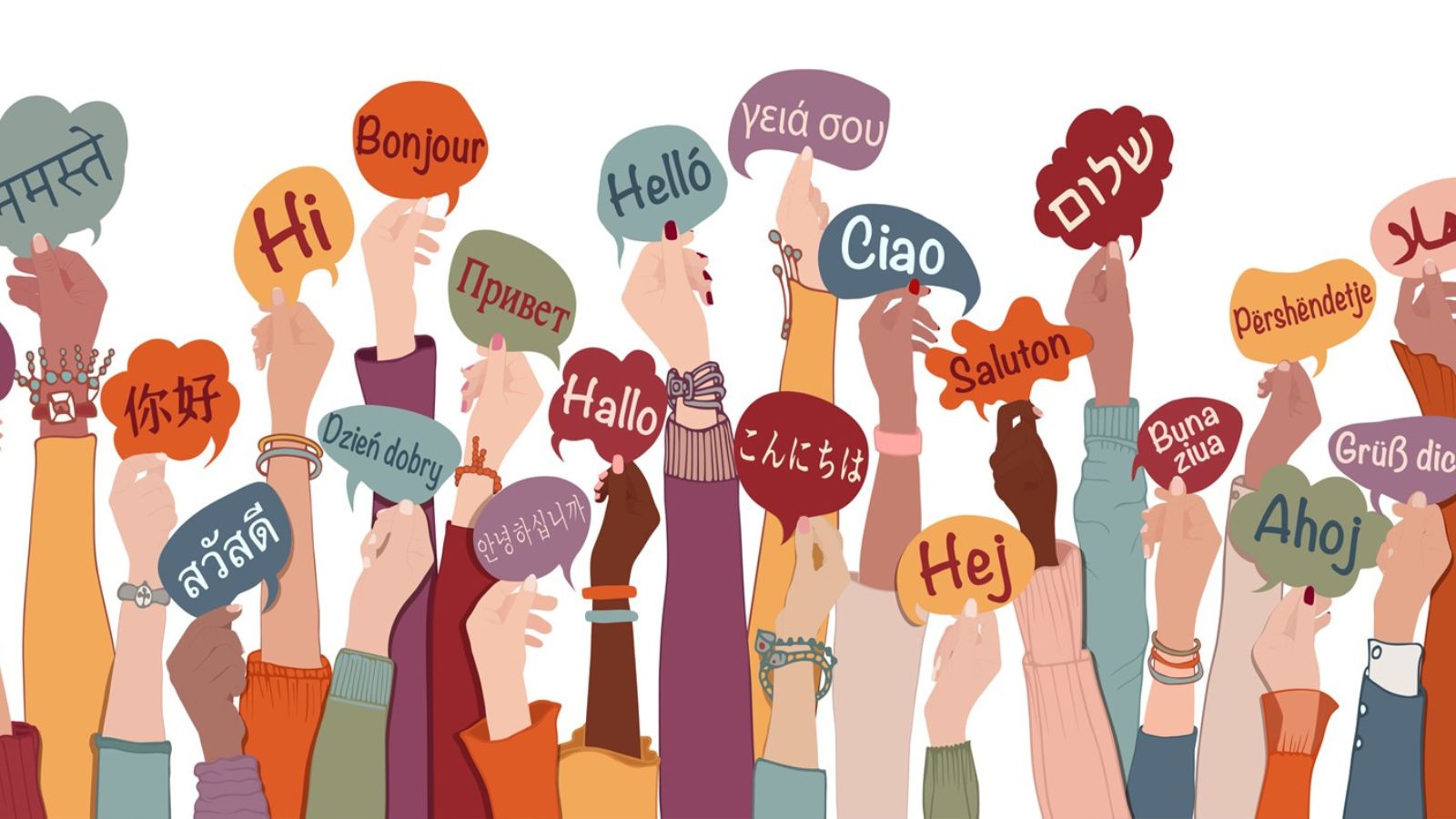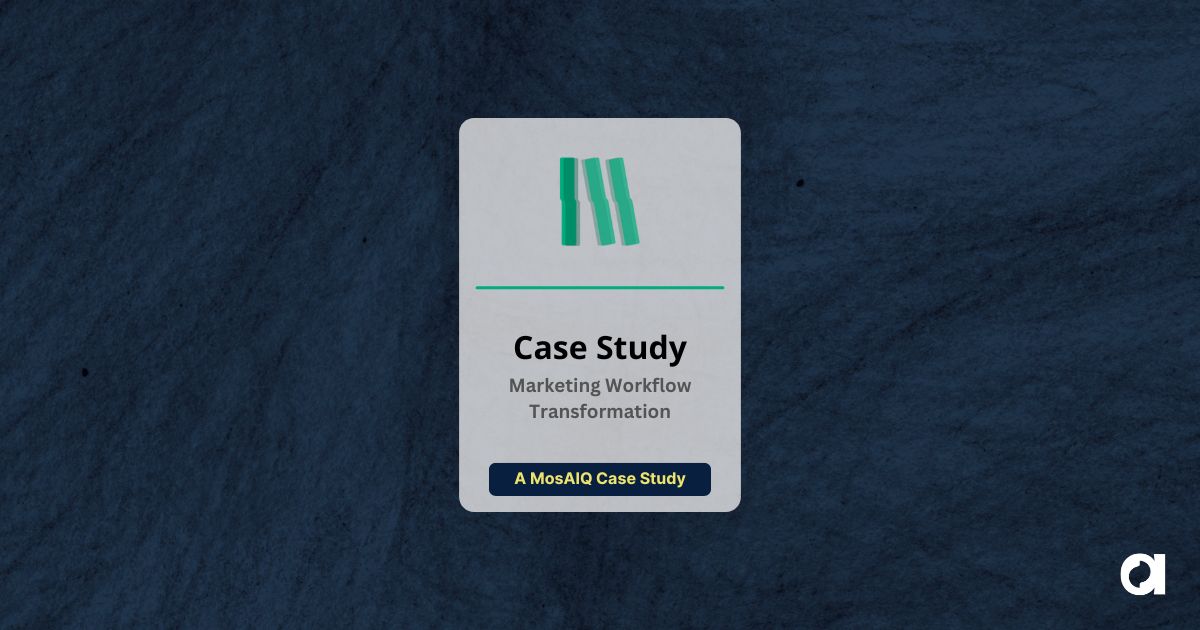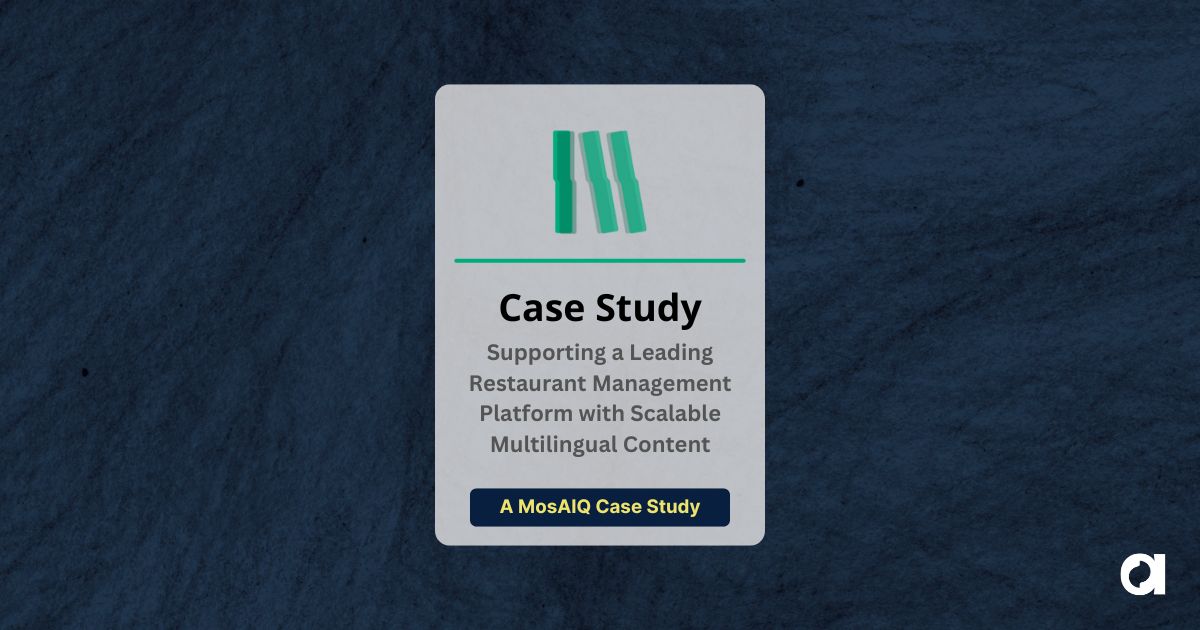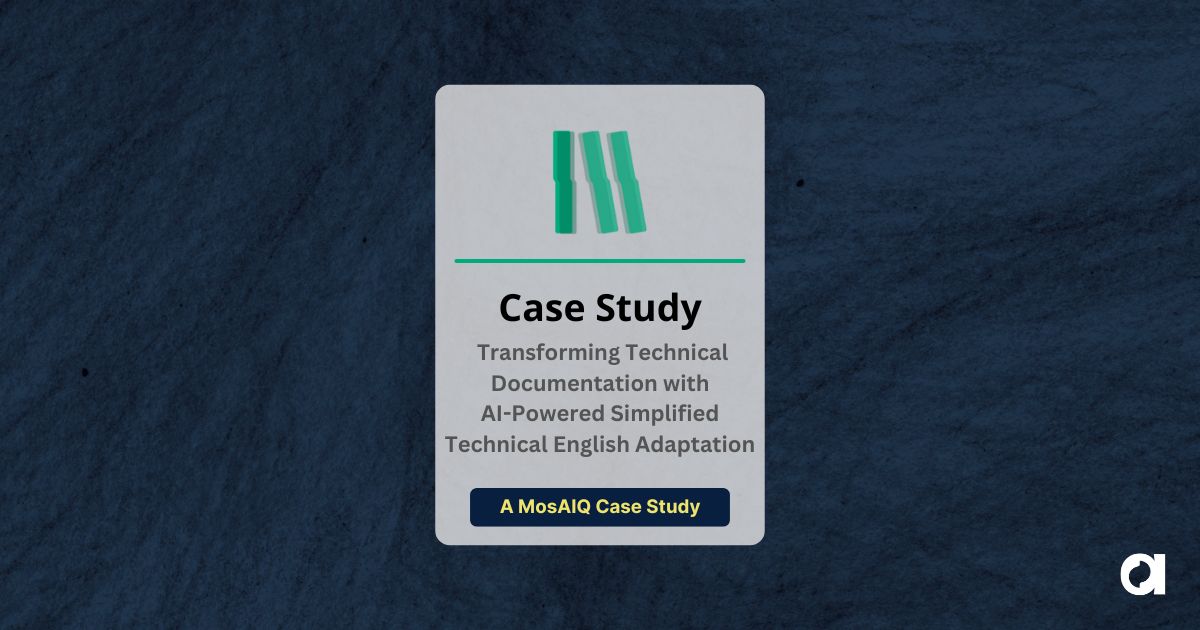For a company with a global workforce, localizing your HR content isn’t always as easy as taking the English content and translating it. The differences in employment laws around the world mean that you need linguists with special expertise to get the legal terminology and context right. If you don’t already have subject matter specialists on hand to translate your HR materials, here are three incredibly good reasons to bring some on board.
What’s a 401(k)?
HR policies and terms vary from country to country, and material that works in the United States may not make sense in a country with different employment policies. To keep your HR content accurate, you need linguists who are familiar with employment policies around the world.

We helped one of our clients roll out a new HR information system to 23 new countries. Its content was developed by internal staff at the company, who had extensive HR and IT experience, however none in developing global training material. Some of the content they produced included local jargon and U.S.-specific terminology, such as the retirement plan term “401(k)”. Since we had experience with HR in the target countries, we were able to not only translate the material, but advise our clients on which policies were different for the countries.
In-country expertise
Many countries have specific rules about the language or languages necessary to do business or require extra documentation for certain products. In cases like these, it can be useful to work with local experts in the industry to ensure you have a clear understanding of the rules and regulations for businesses, like the safety marking requirements in the European Economic Area. Local experts can advise you on the legality, and they can also provide you with knowledge about cultural rules you may not be able to find in the laws.
If you’re expanding your business into Canada, for example, language rules vary from province to province. Some provinces, like Alberta and Saskatchewan, require English and accept other languages, while Quebec requires everything to be in French. Ontario is an interesting case because parts of the province are English-only while others are bilingual. A local expert could advise you on the legal requirements, but also tell you that it’s usually a good idea to offer HR content in both English and French anyway.
[form_newsletter]
Employee buy-in
When a global business makes a companywide change, it’s always wise to make decisions that will generate employee buy-in. Having localized HR and training materials is a great way to do this, and we’ve also recommended drawing on local employees’ expertise in crafting these materials. Without a partner experienced in guiding these partnerships, however, employees can often end up doing work that isn’t theirs.
We’ve sometimes seen situations where a company at first asks their in-country employees to perform all necessary translations. This poses a few problems. Most often, the employee is translating in addition to their assigned job and doesn’t have the time. Even though employees may speak the language, they are not professional translators, and may not have the skills to create good translations. This can result in rogue material created by the local office, which no one from management has seen or approved. These types of non-specialist translations can run the risk of misleading employees.

By bringing in an experienced translation partner like Argos instead, you can successfully solve these issues. Asking an outside agency to localize your HR content may cause some hurt feelings in local offices, but it’s likely your employees will be grateful to not have to do work outside of their experience. A partner experienced in global HR content will know how to loop in with the local employees as final reviewers for any translations and can structure the process from the get-go to make sure that everyone is on board and happy with the translation process.
To find out how Argos can help localize and manage your global HR content, check out our HR translation services, or get in touch.
 Stephanie Harris
5 min. read
Stephanie Harris
5 min. read
Understanding the differences between the two character sets can help you choose for your next localization project. Understanding the differences between traditional and simplified Chinese can help you choose for your next localization project. It’s no exaggeration to say the market of Chinese-speaking people is massive; there are over 980 million in mainland China alone. […]

 Argos Multilingual
6 min. read
Argos Multilingual
6 min. read
You’ve created a stellar content marketing campaign in one local language. As part of your global marketing strategy, you need to get your message across to your audiences in different locales. So, what’s the best way to do that? The most straightforward way may be to translate or even transcreate your content into various target […]












